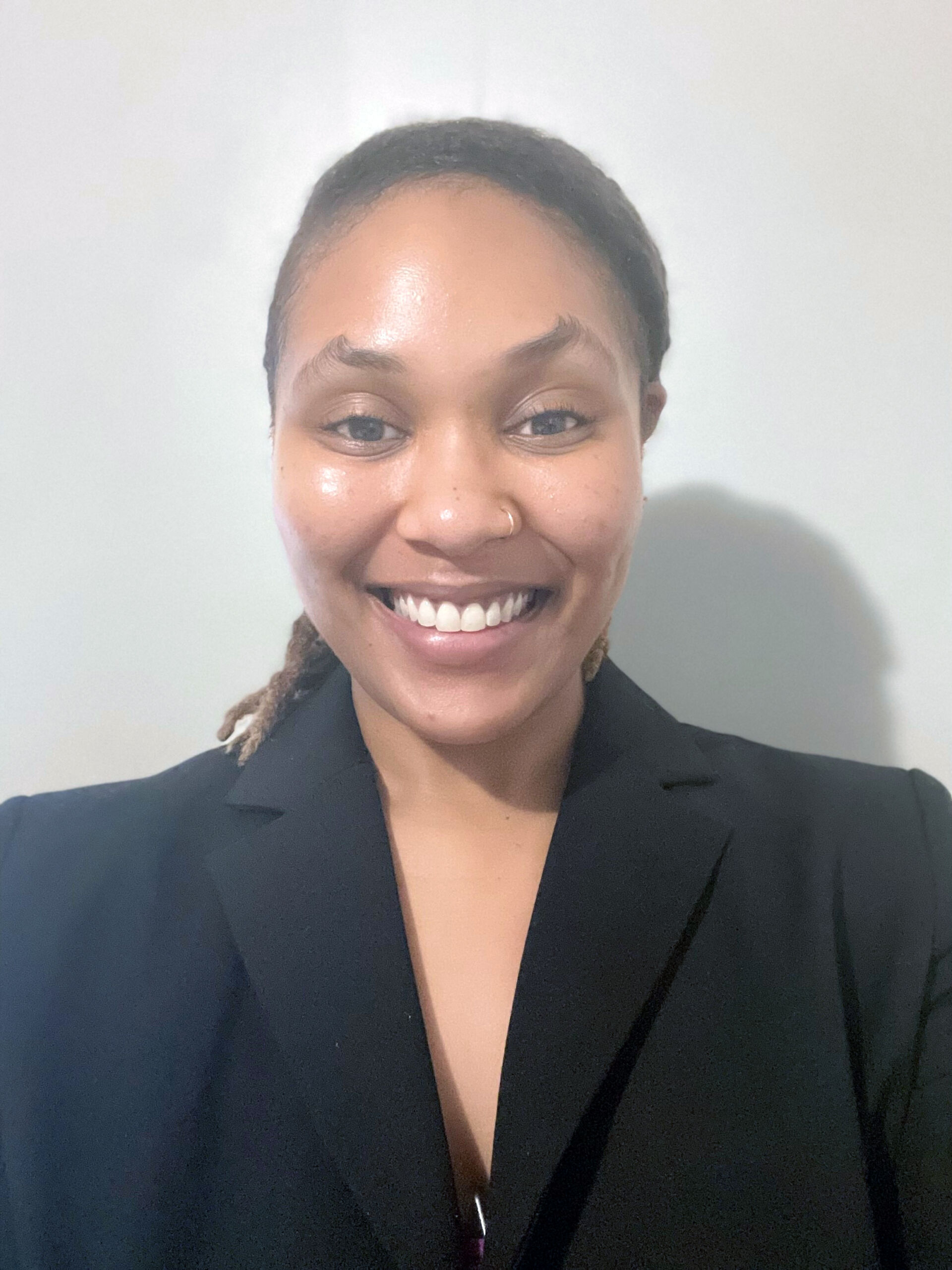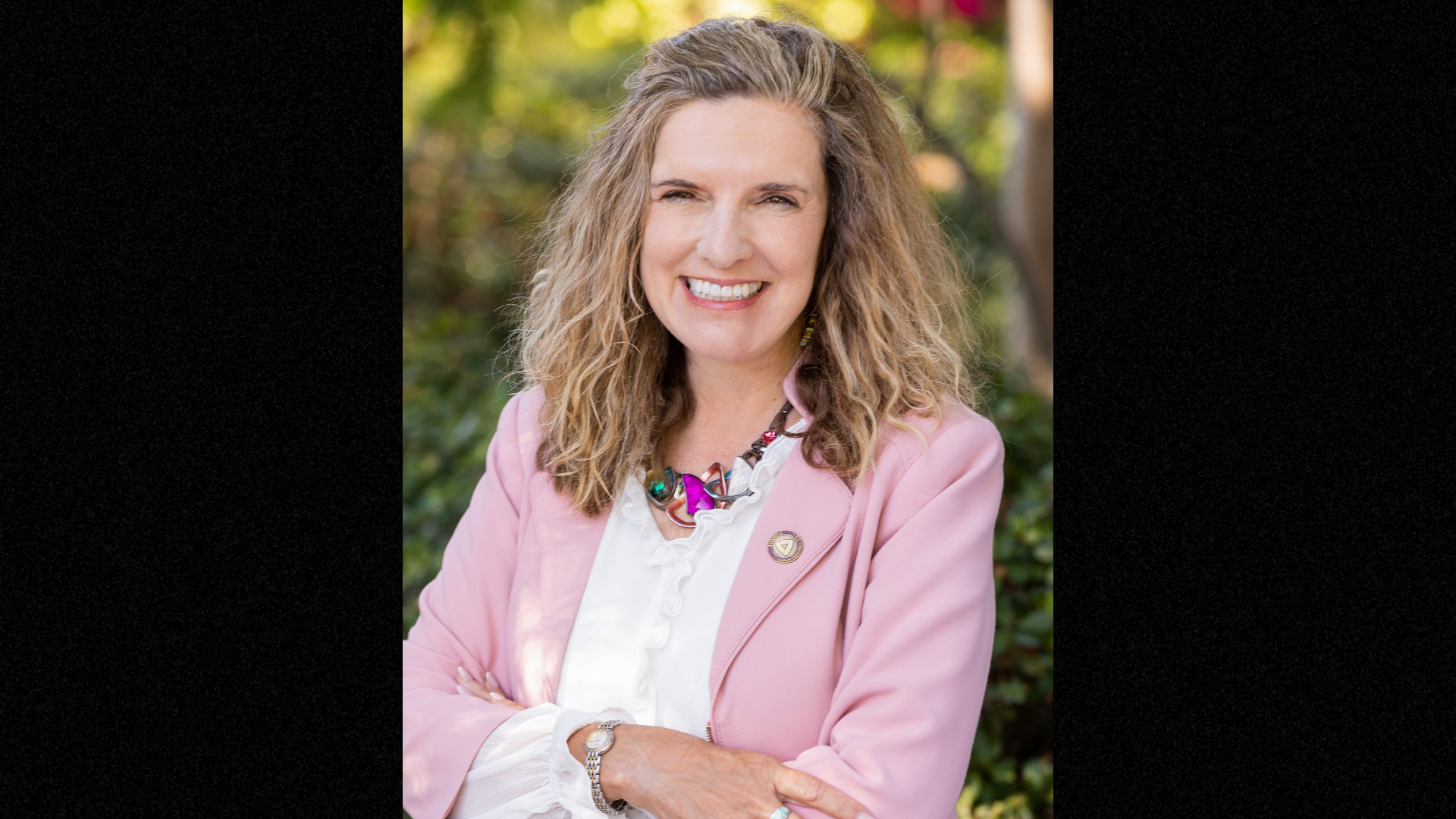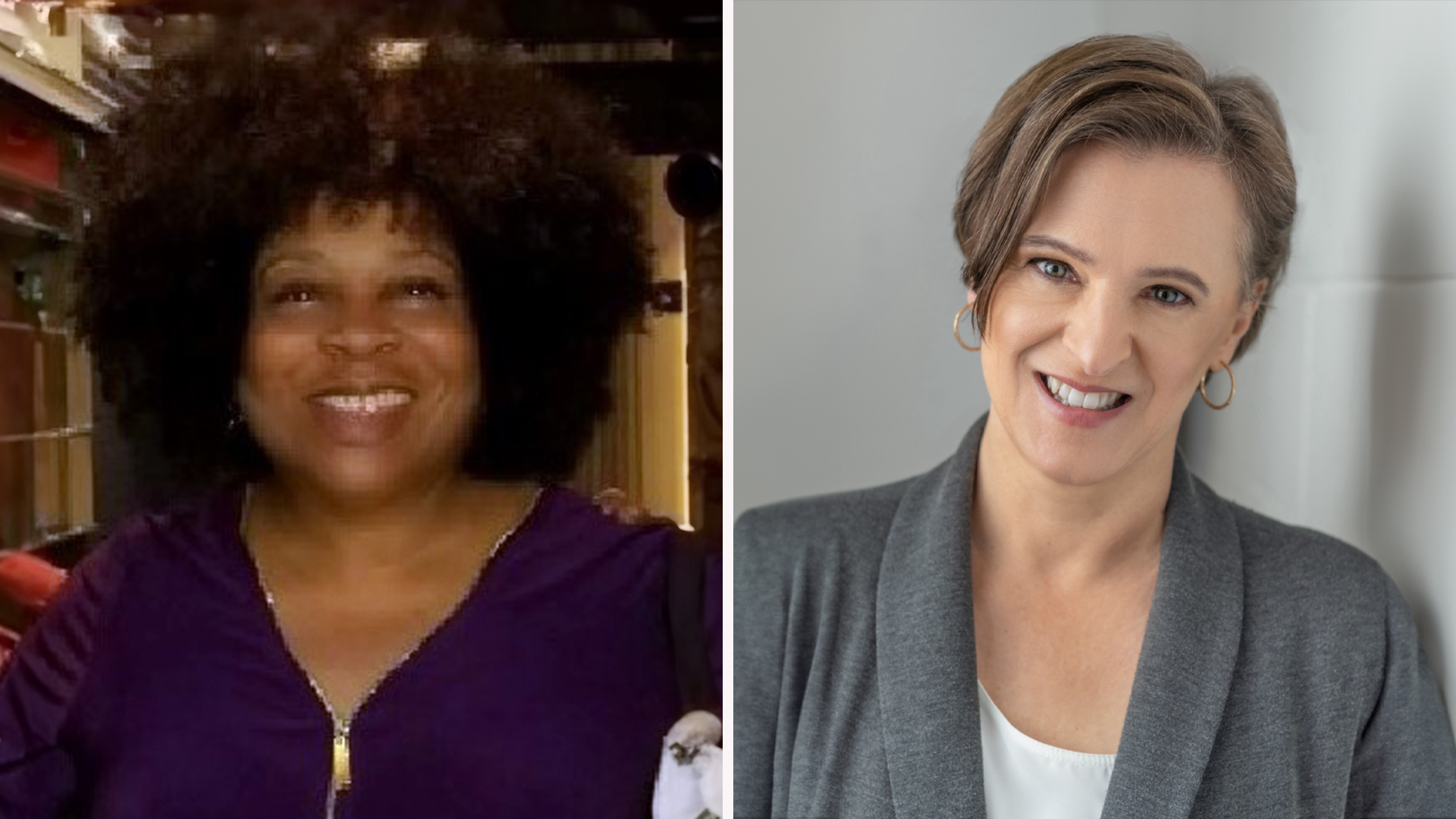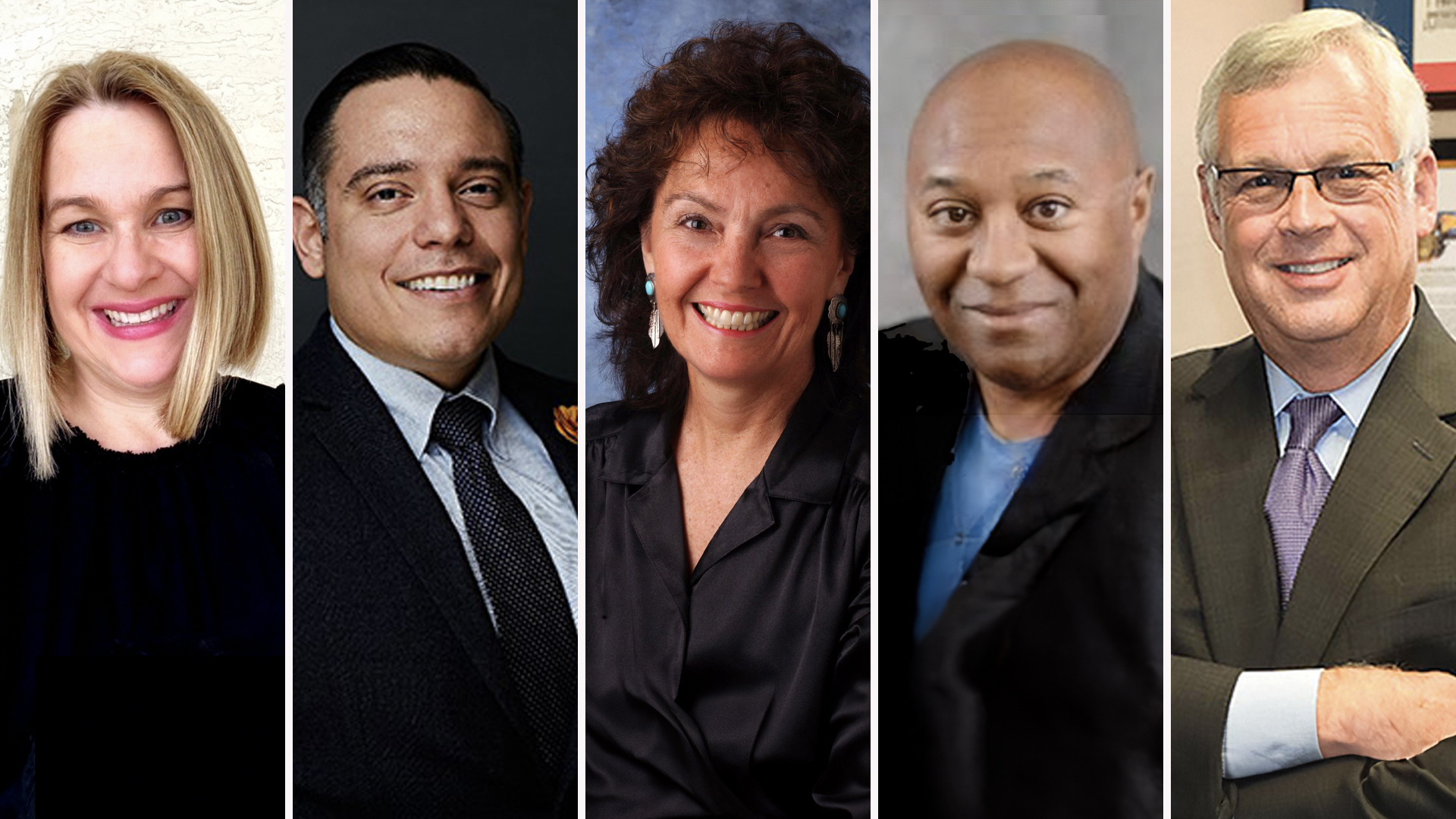Clinical Psychology doctoral student and Black Student Association Recording Secretary Brianna J. Downey shares what inspires her work with children and discusses how she manages to balance studies and life.
During Women’s History Month, our focus is on women providing healing and promoting hope.
You have provided one-on-one developmental services to children and adolescents with developmental and behavioral barriers, such as Autism, Conduct Disorder, and ADHD/ADD. What do you find most rewarding by giving your time and energy to work with people who need it?

Brianna J. Downey
There are many aspects of my work that I find rewarding. The first is that the work is so hands-on. I worked with children one-on-one and developed a bond with them. In fact, for some of my clients with comorbidities, like Autism and cerebral palsy, it is physical work. Getting on their level to help them with their physical and mental development levels is key to establishing rapport. For this, I appreciate the physical aptitude it requires.
Perhaps what was most rewarding was fulfilling a dream for me on a few levels. I’ve always known that I’ve wanted to be a psychologist. I came out of my undergraduate work with a strong desire to keep learning how to reach children best. When working with children, especially African American children, looking like their mom creates a relevant connection and trustworthiness. For them, I may seem like their mother, but I am also a professional whose knowledge is backed by science.
I had a tumultuous childhood with many instances of trauma: I lost my mom suddenly when I was 15 years old. That meant I hopped around a lot, navigating three middle schools and having a challenging time. My academic successes gave me mental stability: I knew that those As and Bs would accompany me in various environments if I worked hard.
My academic interests lead me to pursue my interest in why people behave the way they do and study to become a psychologist. What drives me is a desire to help all children, especially African American children, dealing with traumatic contextual factors. When I’m with a child, their parents see that I pour everything I have into helping that child, interpersonally and developmentally. I do what I can to reach them.
You are working on your degree, and your goal is to provide therapeutic interventions for school-aged children as a clinical psychologist. What kind of hope do you see in the field of psychology as it relates to our growing understanding of brain development?
Children are very social beings. They naturally want to experience meaningful social interactions. There is a misperception that children with Autism diagnosis do not want to be social. But they do! I begin with eye contact; I light my face up and animate my voice when speaking. Because I am a natural nurturer, I help them in a way that the tasks do not feel like work. The magic happens with the play!
Children are also more inclined to believe what they overhear than what they hear directly. I make a point to share positive reinforcement with their caretaker so that the child can overhear me speaking. That’s when they believe it, and it sinks in.
And lastly, all children need structure, especially those with Autism. In my work with them, we create a task list. Depending on their age, this can be a picture identification system. It is full of simple daily tasks like story time and snack time. The child is learning the concept of time, and their tasks have a beginning and an end. This practice helps facilitate the child’s understanding of the sequence of things and shows how they can live day-to-day. Creating a structure empowers the child with knowledge and a sense of autonomy over what is happening in their day and life.
How do your studies inform how you raise your child?
My son is two years old: he was born at the start of the pandemic. When I was in labor with him, I learned that I got into Fielding’s doctorate program! I know that sounds strange, but I checked my email at one point in my labor, and there it was – the acceptance letter. So, let’s just say it was a pivotal moment in my new journeys as a wife, mom, and future clinician.
As I mentioned, I am a big believer in eye contact and facial cues as salient components of interpersonal relations. My knowledge of how important this is for child development gave me a lot of concern about his life surrounded by people in masks, so I did what I could to compensate for our lack of social interaction. I have research interests in this generation of infants and young children in terms of their facial recognition and social development. We should monitor this novel phenomenon to help them adjust.
I read information about how babies develop—for instance, the power of repetition. Singing the same songs or reading the same books helps me create the building blocks my son needs for concept and language development. I’ve realized is that whether I am directly teaching him or not, he is constantly learning. And as I approach my third year of doctoral study, this is the truest reflection of me!
You are a woman balancing school, work, and raising a family. During this time of elevated stress, how do you stay centered?
Sometimes the combination of these does a number on my anxiety! Some days, it is impossible for me to operate at full capacity in all three concurring roles. What carries through is the unconditional love I receive from my husband and my son. A toddler only knows unconditional love. I melt in his hugs every time.
On the academic front, joining Fielding’s Black Student Association has helped me substantially maneuver this challenging landscape during the pandemic. The Association gives me a connection to other students – a motivation and a sense of community. Lastly, my physical and dietary health is paramount! I have been a vegetarian for seven years, I work out 3-4 times a week, and I encourage an overall active lifestyle for my family. I also do yoga and create daily and weekly task lists for myself.
Join Over 7,500 Fielding Alumni Located Around The World!
Change the world. Start with yours.™






Get Social